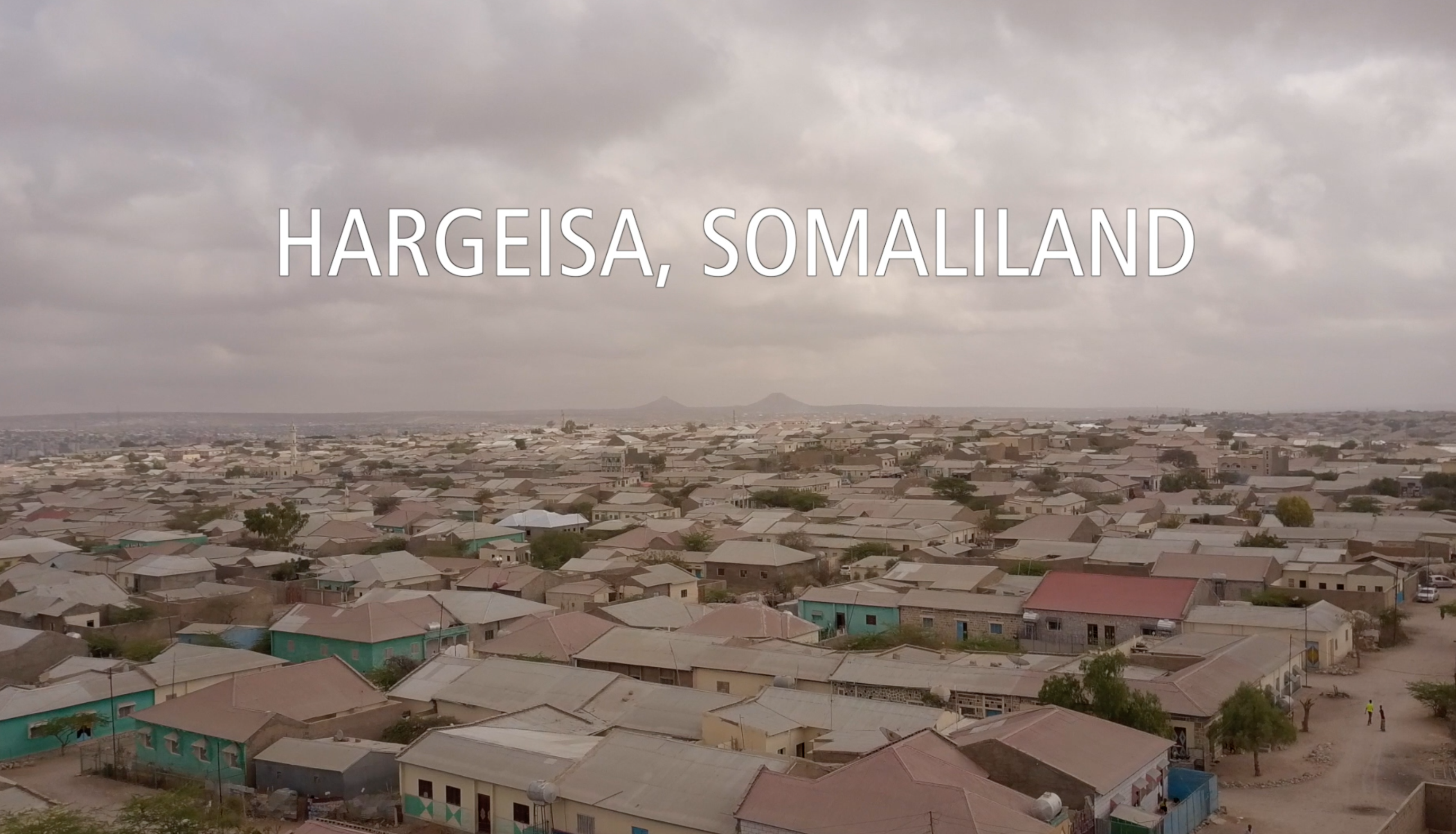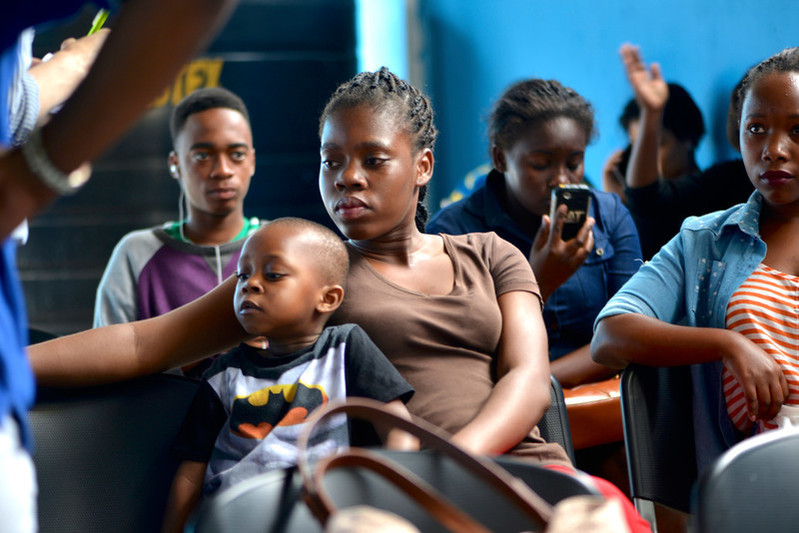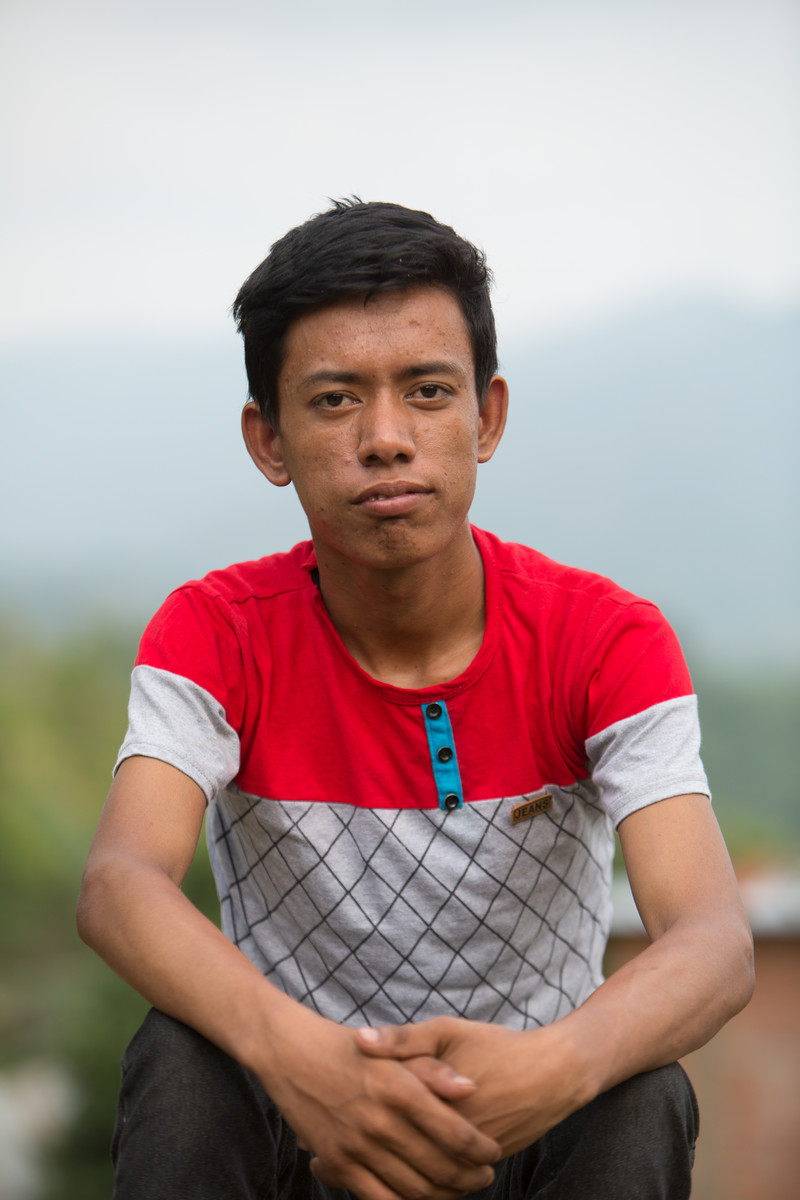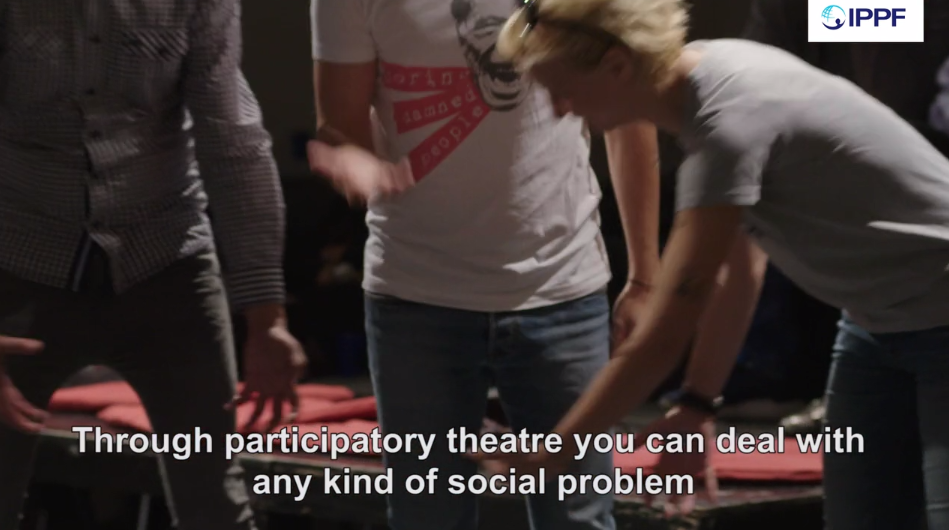Spotlight
A selection of resources from across the Federation

HIV Theory of Change
Our HIV Theory of Change is to clarify the goals and vision of IPPF’s HIV programme and to articulate the different pathways and strategies IPPF uses to contribute towards its HIV goals and vision.
Filter our resources by:


| 17 May 2018
Watch: Hope on the Horizon: FGM in Somaliland
Female genital mutilation (FGM) is a procedure that involves altering or injuring female genitalia for non-medical reasons. It is estimated that almost 200 million women and girls worldwide have undergone some form of FGM. FGM has been recorded in 30 countries with Somaliland having one of the highest prevalence rates in the world at 98% for women and girls aged between 15 - 49 years old. Hope on the horizon documents the hard work IPPF member association SOFHA (Somaliland Family Health Association) is doing within the local community to help change minds and eventually bring an end to female genital mutilation (FGM). Slowly, but surely, attitudes are changing.

| 05 December 2017
Staff and volunteers remain dedicated and determined as the impact of the GGR takes effect
The continuation of many vital health services Amodefa offers in Mozambique are under threat following the reintroduction of the Global Gag Rule by the US Administration. The Global Gag Rule, or Mexico City Policy as it is formally known, stops US aid to all health programmes run by organisations who perform or counsel on abortion. The decision, which will deprive Amodefa of $2 million, 60% of its budget, will have devastating consequences for the fight against HIV in Mozambique, where an estimated 12% of the country’s nearly 30 million population are living with the virus. Photography © IPPF/Grant Lee Neuenburg

| 01 December 2017
The college student using music to tackle HIV stigma
Compared to many developing countries, HIV prevalence in Nepal is low. Yet there are deep and complex problems around HIV. Stigma remains a huge problem. People living with HIV say they have faced enormous discrimination, including being ostracized by their communities, bullied at school and work, and exposed to insults and even violence. HIV services and support are central to the work of the Family Planning Association of Nepal (FPAN). Its staff and volunteers run services around the country, providing HIV counselling, education on prevention and treatment, and community home-based care services. People living with HIV are at the forefront of this work: FPAN employs thousands of community home-based care mobilisers who are themselves HIV-positive, meaning they are able to provide people with clear, sensitive and empathetic support that draws on their own experiences. Photography © IPPF/Jon Spaull Read Milan's story and watch the video

| 29 November 2017
Tackling HIV stigma through music
Milan Khadka once suffered discrimination within his community when they found out he was living with HIV. He is now a community home-based care mobiliser with Family Planning Association of Nepal. He uses his music to educate the youth about HIV and to confront the stigma around HIV. Read Milan's story

| 24 October 2017
Watch: Confronting gender stereotypes in Serbia
The Serbian Association for Sexual and Reproductive Health and Rights (SRH Serbia) teamed up with IPAK to challenge gender stereotypes in Serbian society through the act of theatre-based workshops. Boys and girls participate and literally walk in one another's shoes to help challenge and dismantle 'gender roles'. The workshop was funded by the IPPF Innovation Programme.

| 04 October 2017
Celebrating girls worldwide for International Day of the Girl Child
Today marks the International Day of the Girl Child. Girls are often the ones to suffer firsthand from the lack of access to sexual and reproductive services. We will continue to fight for girls everywhere to not only have access to health care services but to stand up and shout 'I Decide my future'.















